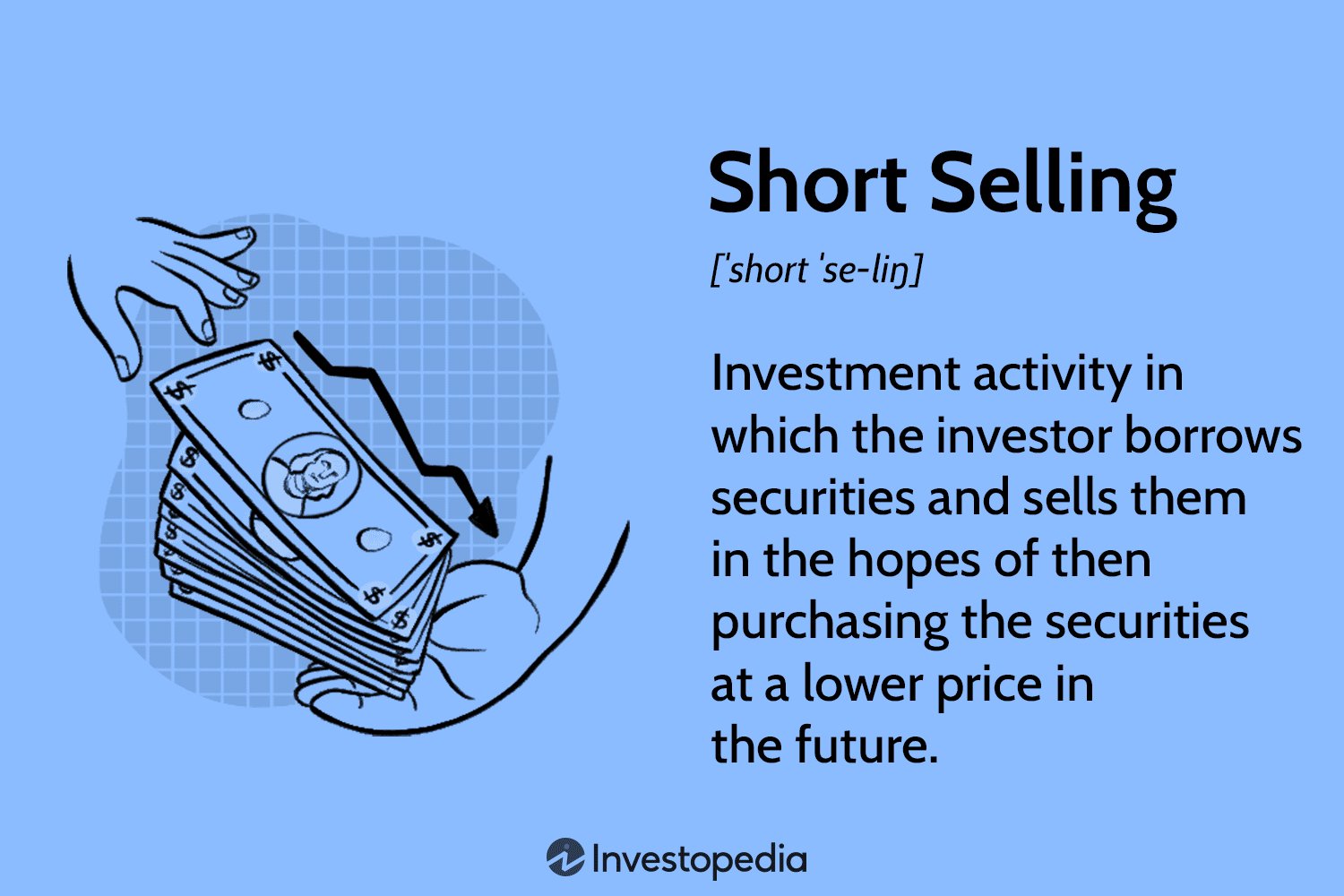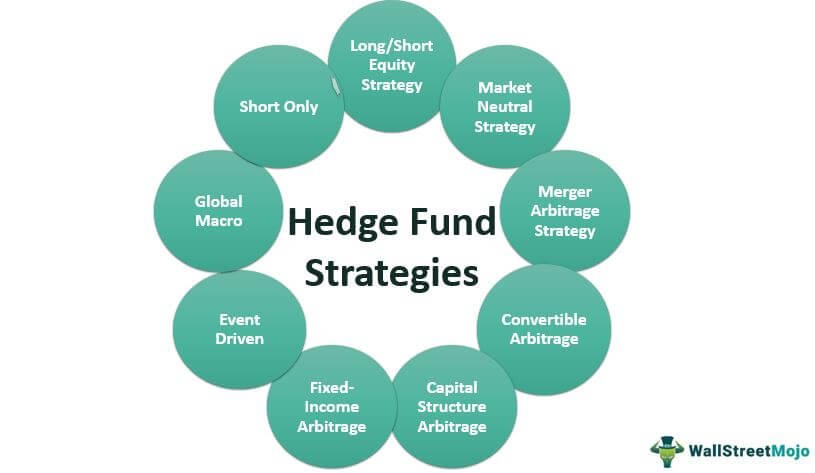Looking to invest in real estate but worried about the size of your bank account? Wondering how to invest in real estate with little money? Well, you’re in the right place! In this blog article, we’ll guide you through some practical strategies and tips for entering the real estate market on a budget. Whether you’re a first-time investor or simply looking to maximize your returns, we’ve got you covered. So, let’s dive right in and explore the world of real estate investment possibilities, regardless of your financial situation.
How to Invest in Real Estate with Little Money
Real estate has long been considered a lucrative investment option, but many people assume that it requires a large amount of money to get started. However, that’s not necessarily true. With the right strategies and careful planning, you can invest in real estate even if you have limited funds. In this article, we’ll explore various methods and techniques to help you invest in real estate with little money. So, let’s dive in!
1. Leverage Financing Options
One of the most effective ways to invest in real estate with little money is to leverage financing options. Here are a few strategies you can consider:
- Mortgages: Apply for a mortgage loan to finance a property purchase. This allows you to make a down payment and gradually pay off the remaining balance over time.
- Private Money Lenders: Work with private individuals or companies who are willing to lend you money at competitive interest rates, based on the potential of your investment.
- Partnerships: Collaborate with others who have more financial resources. Pooling your funds together can open up opportunities for bigger and more profitable investments.
- Hard Money Loans: Consider borrowing from hard money lenders who are less concerned with your creditworthiness and more interested in the value of the property you’re purchasing.
2. House Hacking
House hacking refers to the practice of buying a property and living in one part of it while renting out the remaining spaces. This allows you to generate rental income that can cover a significant portion, if not all, of your mortgage payments. Here are a few house hacking strategies:
- Multi-Family Homes: Invest in a property that has multiple units, such as a duplex or triplex, and live in one unit while renting out the others.
- Additional Units: Alternatively, you can add an additional dwelling unit (ADU) to your existing property, such as a basement apartment or a converted garage.
- Co-Living: Rent out individual rooms within the property to generate additional income while sharing common spaces with your tenants.
3. Real Estate Investment Trusts (REITs)
Real Estate Investment Trusts (REITs) provide an opportunity to invest in real estate without directly owning physical properties. A REIT is a company that owns, operates, or finances income-generating real estate. By purchasing shares in a REIT, you can gain exposure to the real estate market and earn dividends without the need for substantial upfront capital.
REITs are highly regulated and must distribute at least 90% of their taxable income as dividends to shareholders. They typically focus on specific real estate sectors, such as residential, commercial, or industrial properties. Before investing in a REIT, carefully research its track record, management team, and the market it operates in.
4. Real Estate Crowdfunding
Real estate crowdfunding platforms allow individuals to invest in real estate projects collectively. By pooling your funds with other investors, you can access opportunities that would otherwise be out of reach. Here’s how real estate crowdfunding works:
- Choose a reliable crowdfunding platform that aligns with your investment goals and risk tolerance.
- Browse through the available projects and select the ones that interest you.
- Review the project details, including the location, potential returns, and the track record of the project sponsor.
- Invest the amount you’re comfortable with and become a partial owner of the property or development project.
- Monitor the progress of the project and receive regular updates from the crowdfunding platform.
- Upon completion or sale of the property, you may receive returns on your investment in the form of dividends or capital gains.
5. Wholesaling
Wholesaling involves finding distressed properties at below-market prices and then assigning the purchase contract to another investor for a fee. This strategy allows you to earn money without actually owning the property. Here’s a step-by-step overview of how wholesaling works:
- Find motivated sellers who are willing to sell their properties at a discounted price.
- Negotiate a purchase agreement with the seller, including an “assignment clause” that allows you to assign the contract to another buyer.
- Market the property to potential buyers, such as real estate investors or fix-and-flip enthusiasts.
- Once you find a buyer, assign the contract to them for a fee, usually ranging from $5,000 to $10,000.
- The buyer takes over the contract and closes the deal with the original seller.
Wholesaling can be a fast way to generate income in the real estate market, but it requires knowledge of the local market, negotiation skills, and the ability to identify profitable deals.
6. Real Estate Partnerships and Syndications
Forming partnerships or joining real estate syndications is another viable option for investing in real estate with limited funds. Syndications involve pooling money from multiple investors to acquire and manage properties collectively. Here are a few types of real estate partnerships and syndications:
- Joint Ventures: Partner with one or more individuals to invest in a specific property or multiple properties together. Each partner contributes funds, expertise, or both.
- Limited Partnerships: Become a limited partner by investing money into a project while the general partner manages the day-to-day operations and decision-making.
- CrowdInvesting: Similar to crowdfunding, crowdinvesting allows multiple individuals to invest small amounts of money in real estate projects through online platforms.
Before entering into a partnership or syndication, thoroughly vet the other parties involved, review their track record, and consult with legal and financial professionals to ensure you’re making a sound investment.
7. Real Estate Tax Liens
Investing in real estate tax liens can be an unconventional yet lucrative way to start with little money. When property owners fail to pay their property taxes, the government can place a tax lien on the property. Investors can then purchase these tax liens at auctions. Here’s how it works:
- Research properties with outstanding tax liens by checking public records or attending tax lien auctions.
- Conduct due diligence on the property to evaluate its potential value and profitability.
- Bid on the tax lien and, if successful, pay the outstanding taxes on behalf of the property owner.
- Wait for the property owner to repay the debt with interest. If they fail to do so within a specified timeframe, you may have the opportunity to foreclose on the property and take ownership.
- Depending on the outcome, you can either earn interest on your investment or acquire the property at a significantly discounted price.
It’s important to thoroughly research the local laws and regulations governing tax liens in your area before pursuing this investment strategy.
8. Real Estate Wholesaling
Wholesaling is a real estate investment strategy that involves finding properties at a significant discount and assigning the contract to another buyer for a fee. This approach allows you to earn money without the need for substantial upfront capital or the responsibilities of property ownership. Here’s how real estate wholesaling works:
- Identify distressed or motivated sellers who are willing to sell their properties below market value.
- Negotiate a purchase agreement with the seller, making sure to include an “assignment clause” that allows you to transfer the contract to another buyer.
- Market the property to potential buyers, such as real estate investors, landlords, or fix-and-flip enthusiasts.
- Once you find a buyer, assign the contract to them for a fee, typically ranging from $5,000 to $10,000.
- The buyer takes over the contract, closes the deal with the original seller, and assumes ownership of the property.
While real estate wholesaling can be an excellent way to generate income, it requires strong negotiation skills, knowledge of the local market, and the ability to find motivated sellers and potential buyers.
9. Real Estate Investment Clubs
Joining a real estate investment club can provide valuable networking opportunities, education, and access to investment deals. These clubs consist of like-minded individuals who come together to share knowledge, discuss investment strategies, and potentially collaborate on investment projects. Benefits of joining a real estate investment club include:
- Networking: Connect with experienced investors, mentors, real estate professionals, and potential partners.
- Education: Attend seminars, workshops, and webinars organized by the club to learn about various investment strategies, market trends, and legal considerations.
- Deal Sharing: Members often share investment opportunities, allowing you to participate in projects that suit your budget and risk tolerance.
- Support: Benefit from the collective wisdom and support of the club’s members, who can provide guidance and advice throughout your real estate investment journey.
To find a real estate investment club in your area, consult local real estate associations, search online directories, or attend local real estate events and seminars.
10. Sweat Equity
Lastly, sweat equity refers to investing your time, effort, and skills instead of upfront capital. This approach is particularly suitable for individuals with limited funds but possess construction or renovation skills. Here’s how you can leverage sweat equity:
- Fix-and-Flip: Find distressed properties at low prices, renovate them with your own skills or those of trusted partners, and sell them for a profit.
- Rent-to-Own: Locate properties in need of repairs, negotiate rent-to-own agreements with the owners, and take responsibility for the renovations in exchange for a lower purchase price or rent credit.
- Property Management: Offer property management services to real estate investors in exchange for a share of the rental income or an equity stake in their properties.
By utilizing sweat equity, you can maximize your real estate investment potential without significant upfront capital.
In conclusion, investing in real estate with little money is indeed possible. Whether through leverage, house hacking, crowdfunding, wholesaling, or other creative strategies, you can enter the real estate market and build your wealth. Remember, meticulous research, networking, and a solid understanding of your local market are key to making informed investment decisions. Start small, gain experience, and gradually expand your portfolio as you become more comfortable and knowledgeable in the real estate industry. Good luck on your journey to financial success in real estate investing!
How Invest In Real Estate With Little Money or Experience (6 Ways!)
Frequently Asked Questions
Frequently Asked Questions (FAQs)
1. Can I invest in real estate with little money?
Yes, it is possible to invest in real estate with little money. While it may require some creativity and strategic planning, there are various options available that allow you to get started in real estate investing with limited funds.
2. What are some low-cost real estate investment strategies?
There are several low-cost strategies you can consider:
– Wholesaling: This involves finding properties at below-market prices and assigning the contract to another buyer for a fee.
– House hacking: You can live in a multi-unit property and rent out the remaining units to cover your mortgage and expenses.
– Real estate crowdfunding: Joining a crowdfunding platform allows you to invest in real estate projects with smaller amounts of money.
3. How can I save money for real estate investing?
To save money for real estate investing:
– Create a budget and track your expenses to identify areas where you can cut back.
– Set up automatic savings transfers to a dedicated account for your real estate investments.
– Consider taking on a side gig or finding additional sources of income to accelerate your savings.
4. Are there any government-sponsored programs to assist with real estate investment?
Yes, there are certain programs that can help individuals with limited funds invest in real estate. One example is the Federal Housing Administration (FHA) loan program, which offers low down payment options for first-time homebuyers.
5. Can I partner with others to invest in real estate with little money?
Absolutely! Partnering with others is a great way to pool resources and invest in real estate together. You can look for potential partners in your network or explore real estate investment clubs to connect with like-minded individuals.
6. How important is research in real estate investing with little money?
Thorough research is crucial when investing in real estate, especially with limited funds. Conducting market analysis, evaluating potential properties, and understanding the local real estate trends can help you make informed decisions and maximize your return on investment.
7. What are the potential risks of investing in real estate with little money?
Some potential risks include:
– Limited financial resources to cover unforeseen expenses or repairs.
– Higher borrowing costs and interest rates due to lower down payments.
– Market fluctuations and the possibility of property values decreasing, resulting in potential losses.
8. How can I leverage financing options to invest in real estate with little money?
You can leverage financing options such as:
– Low down payment mortgages: Look for lenders offering mortgages with low down payment requirements, allowing you to conserve your available funds.
– Hard money loans: These loans are based on the property’s value rather than the borrower’s creditworthiness. However, they often come with higher interest rates and shorter repayment terms.
Remember, investing in real estate with limited funds requires careful planning, research, and a realistic understanding of your financial capabilities.
Final Thoughts
To invest in real estate with little money, there are several strategies you can employ. Firstly, consider purchasing properties in up-and-coming neighborhoods where prices are still affordable. Secondly, explore creative financing options such as seller financing or partnering with other investors. Additionally, house hacking, where you live in one portion of a multifamily property while renting out the rest, can help generate income. Moreover, investing in real estate investment trusts (REITs) or crowdfunding platforms can be a viable option for those with limited funds. By implementing these approaches, you can begin your journey towards investing in real estate with little money.



